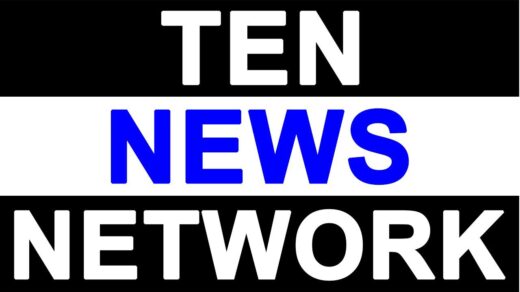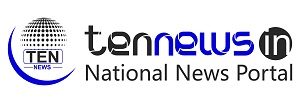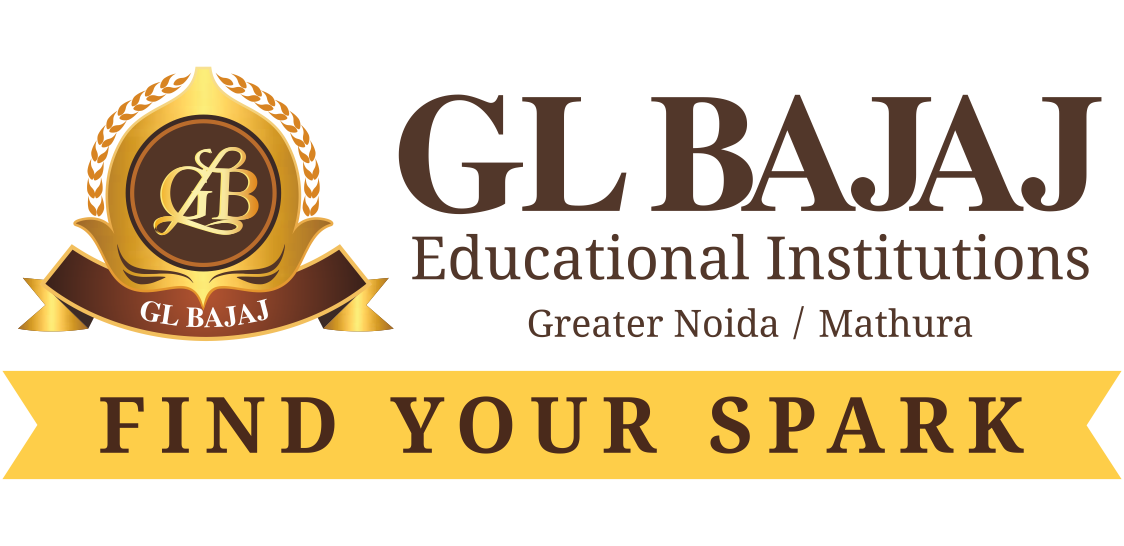London, July 07 : A smartphone app that can detect counterfeit goods – from medicines to car parts – with 100 per cent accuracy may be available to the consumers by next year, researchers say.
Every year, imports of counterfeited and pirated goods around the world cost nearly USD 0.5 trillion in lost revenue, researchers said.
Counterfeit medicines alone cost the industry over USD 200 billion every year. They are also dangerous to our health – around a third contain no active ingredients, resulting in a million deaths a year, they said.
Now, researchers at Lancaster University in the UK believe we are nearing a future without fakes, thanks to new quantum technology they have developed.
The technology will make counterfeiting impossible, they said.
“It is wonderful to be on the front line, using scientific discovery in such a positive way to wage war on a global epidemic such as counterfeiting, which ultimately costs both lives and livelihoods alike,” said Robert Young, Professor at Lancaster University.
The researchers have created unique atomic-scale ID’s based on the irregularities found in two-dimensional (2D) materials like graphene.
On an atomic scale, quantum physics amplifies these irregularities, making it possible to ‘fingerprint’ them in simple electronic devices and optical tags.
The new technology works via a smartphone app which can read whether a product is real or fake, and enable people to check the authenticity of a product through their smartphones.
The customer will be able to scan the optical tag on a product with a smartphone, which will match the 2D tag with the manufacturer’s database.
This has the potential to eradicate product counterfeiting and forgery of digital identities, two of the costliest crimes in the world today, researchers said.
This patented technology and the related application can be expected to be available to the public in the first half of 2018, and its potential to fit on any surface or any product allows the technology to be used worldwide, they said.










